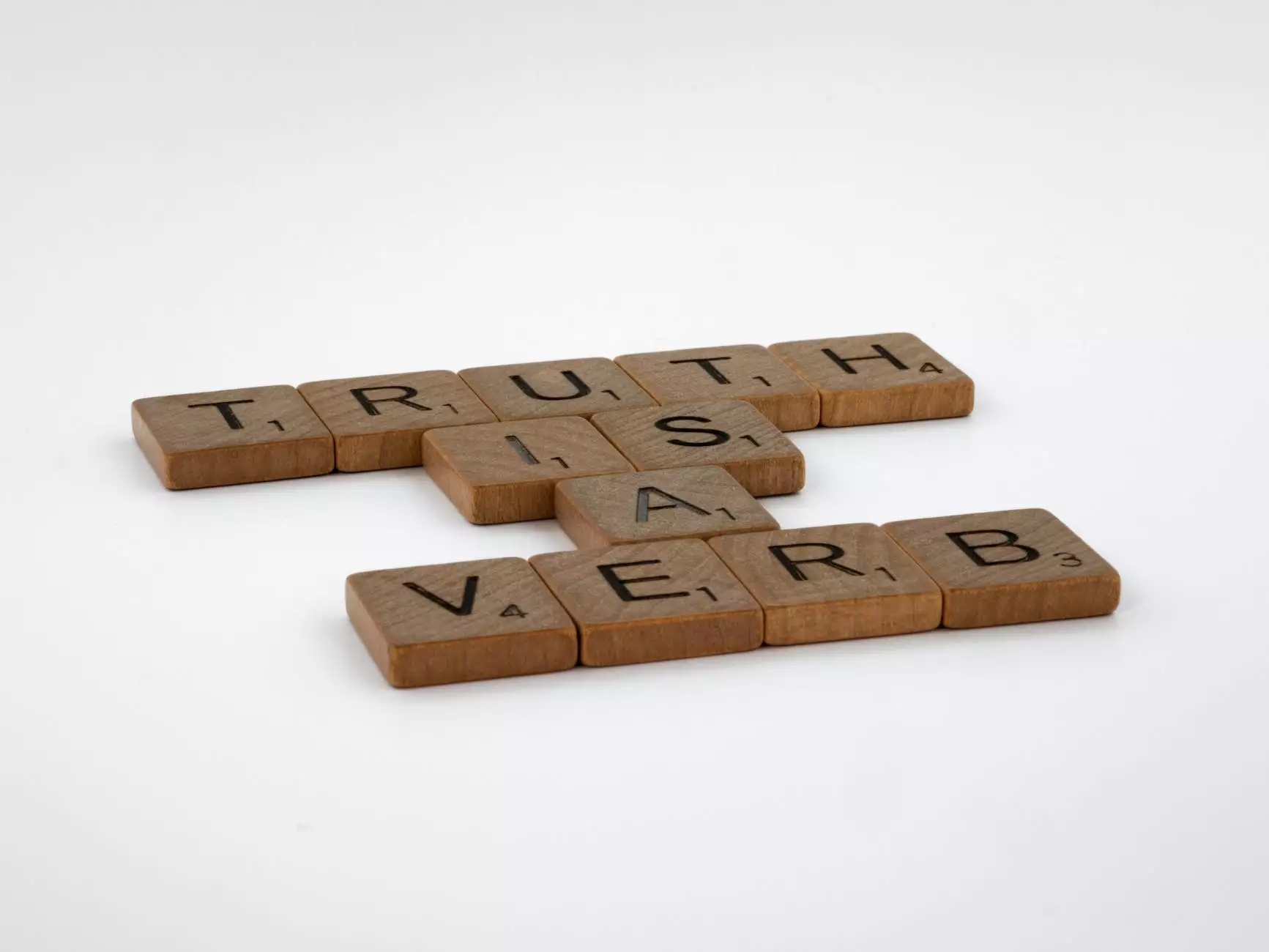70 - Good vs Well - Confusing English Words Lesson
English Grammar Lessons
Welcome to NJCLT's comprehensive English lesson on the difference between 'good' and 'well'. In this lesson, we will explore the proper usage of these often-confusing words and provide examples to enhance your understanding.
Understanding 'Good' and 'Well'
In English, 'good' and 'well' are two words that are commonly interchanged but have distinct meanings and applications. While they both refer to positive qualities or states, they are used in different contexts.
The Usage of 'Good'
'Good' is primarily an adjective that describes the quality or nature of something or someone. It is used to express positive attributes, favorable conditions, and satisfactory outcomes. Let's delve into some common uses of 'good'.
1. Describing Objects or Things
When referring to objects or things, 'good' indicates that something possesses desirable qualities, is suitable for a particular purpose, or meets satisfactory standards. For instance:
- He bought a good car with excellent mileage.
- This restaurant serves good food with a variety of flavors.
2. Expressing Positive Characteristics
When referring to people or animals, 'good' signifies positive traits, skills, or behaviors. It suggests someone or something is moral, kind, talented, or proficient. Examples include:
- She is a good friend who always offers support.
- The dog was well-trained and had good manners.
3. Indicating Well-Being or Health
'Good' is also used to describe a person's physical or mental condition. It confirms that someone is healthy, fine, or in a positive state. For example:
- After a good night's sleep, she felt refreshed and energized.
- The patient's test results came back good, indicating improvement.
The Usage of 'Well'
Unlike 'good', 'well' is predominantly an adverb that describes the manner in which an action is performed. It is used to modify verbs, adjectives, or other adverbs, reflecting how something is done or the degree of competence. Let's explore the different applications of 'well'.
1. Describing Actions or Performance
'Well' is often used to express how an action is executed or how proficient someone is in a particular skill. It implies a high level of competence, proficiency, or mastery. Examples include:
- She plays the piano well, captivating the audience with her skill.
- He speaks English well, communicating fluently and confidently.
2. Indicating Health or Physical State
When referring to health or physical condition, 'well' can express a person's state of being free from illness, feeling good, or in good shape. For instance:
- After resting, she felt well enough to continue her workout.
- The athlete recovered well and is now back in top form.
3. Expressing Agreement or Acceptance
As an adverb, 'well' can also be used to represent agreement, acceptance, or compliance with a situation or request. It signifies a willingness or readiness. Examples include:
- Well, I guess we can go to the party if you really want to.
- Well, if that's what you think is best, I'll support your decision.
Examples to Illustrate the Differences
To further clarify the distinction between 'good' and 'well', let's examine some examples that demonstrate how they are used in specific contexts.
Examples using 'Good'
1. She baked a good cake for her daughter's birthday party.
2. The teacher praised Emma for her good behavior during the class.
3. We had a good time at the amusement park, enjoying the thrilling rides.
Examples using 'Well'
1. He played the guitar well and amazed everyone with his musical talent.
2. She managed the project well and successfully completed it ahead of schedule.
3. Despite the challenging conditions, he performed well in the marathon and achieved a personal record.
Conclusion
By understanding the proper usage of 'good' and 'well', you can enhance your English language skills and communicate more effectively. Remember, 'good' primarily functions as an adjective to describe qualities, while 'well' is an adverb that describes how an action is performed. Practice using these words correctly, and you'll be able to express yourself with clarity and precision.
Thank you for joining us today at NJCLT for this comprehensive lesson on 'good' versus 'well'!










